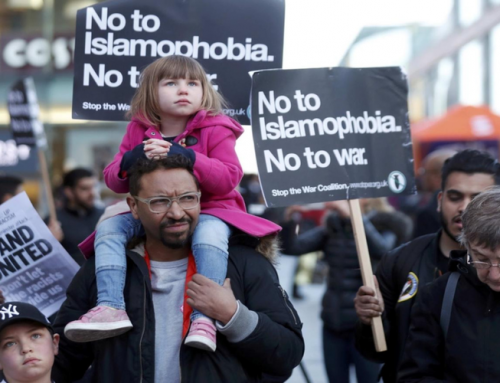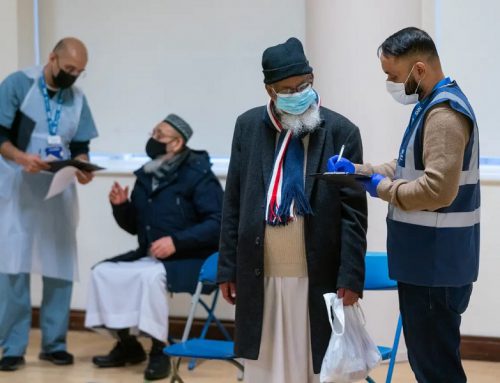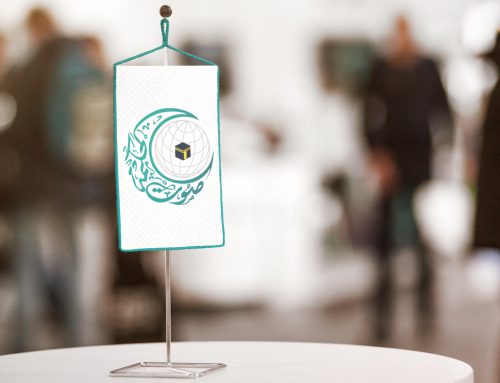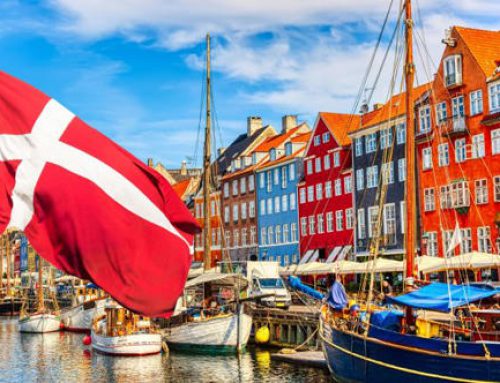The issue of integration of Muslims in Western societies is the most important practical means in the process of communication and civilizational coexistence. It conveys the philosophy of coexistence from the mere scientific and academic discussion to the level of daily life. Through it, the European Christian stands on the truth of Islam and Muslims. The Muslim also knows the philosophy and spirit of the Western societies.
It is noted that the process of integration of Muslims in their European societies, especially the first generation of migrants, for many reasons, including language and level of education, was not smooth, yet they gradually began to get along with their new societies. In a study published by the Bertelsmann Steptang Institute in August 2017 titled “Muslims in Europe: Integration without a Community Acceptance?” the author searched that in five European countries (France, the United Kingdom, Austria, Germany and Switzerland) which included more than 10,000 people, the institute polled between 1,000 and 1,500 people in each country, excluding migrants arriving in Europe starting from 2010, where it was too early to judge how well they were integrated into the new society. The study concluded that “in the second generation of migrants, integration has been common among the majority of Muslim migrants, and although the results show that Muslims are rejected by about a fifth of the population, they have good ties with others. Muslims who make friends or acquaintances with people from other cultures are over 87 percent in Switzerland, 78 percent in France and Germany, 68 percent in Britain and 62 percent in Austria, a high percentage that refutes any claims of exclusion.
The study emphasizes that the concept of integration does not mean ‘assimilation’ or full integration into the culture of the host country, but integration into multicultural countries must be measured with the ability to achieve societal participation among different cultures, without any discrimination. On this basis, religious differences do not constitute an obstacle to integration, and Muslims can enrich multilateralism in European countries, particularly in their own European countries, according to the study.
In this context, it is worth recalling the Declaration of European Muslims, which was launched by Dr. Mustafa Ceric, the head of the Commission of Scholars of Bosnia and Herzegovina, in which Ceric stated that the integration of Muslims in Europe with their European surroundings should be on the basis of citizenship and social and political contract. He noted that citizenship should be on the grounds that “the protection of identity is not isolated because it will lead to its disappearance.” The declaration affirms that true European Muslims are those who are fully and explicitly committed to the rule of just law, the principles of tolerance, the values of democracy and human rights, and the belief that every human being has the right to the five necessary rights: self, religion, reasoning, money, family protection.
It is worth noting that this declaration is in line with the spirit of tolerance, coexistence and harmony that Islam is keen to embody, as the final communiqué of the European Council for Fatwa and Research at its seventeenth ordinary session held in Sarajevo, Bosnia and Herzegovina in May 2007, stated that the European community is a religious project. This citizenship represents a bridge between the European world and the Muslim world, which is due to the good relationship between the two parties. It is not necessary for a Muslim to live in a country other than the land of Islam to adhere to what is contrary to his religion, and the requirements of citizenship, such as defending it if attacked.
The main idea is that Muslims are at the forefront of stopping damage from affecting their country, nor is it permissible to participate in any aggression by their country on any other country, whether it was Muslim or not. It is the duty of citizens to co-exist and respect one another, and the commitment to moral values such as justice and cooperation on good, and advice through the prevailing laws to reform what is harmful to the country or its inhabitants. This interaction is reflected in participation in the civilizational development of giving, which, when becoming a culture of Muslims, can facilitate positive integration and good citizenship.
The statement concluded with a set of general directives for Muslims in Europe derived from the spirit of the Qur’an and Sunnah, calling for compliance with the laws on citizenship rights and duties. This includes abiding by the laws and regulations set by the official authorities, and to overcome the inherited customs and traditions of Islam, and to participate positively and effectively in the civil society institutions and environmental and social activities on the district, city and state level.
Other recommendations were established for a decent life for Muslims in their western societies, in accordance with the common moral values that combine Islam and Christianity. The history of Islam has greatly benefited us by providing successful examples of the integration of Muslims into their societies without any hindrance or barriers. The Muslims lived in Egypt as a minority in the center of the Copts 800 years after the conquest of Egypt in 639 C.E and there were no clashes, wars or violence between the two parties in a unique case of integration. The history of the Muslims in China has been exemplified by a remarkable form of fusion dating back to the ninth century and is still present in South and Central China in a real embodiment of the spirit of the Holy Quran. “Allah forbids you not, with regard to those who fight you not for (your) Faith nor drive you out of your homes, from dealing kindly and justly with them: for Allah love those who are just.” (60: 8).
It worth mentioning the Hadith of the Prophet Muhammad in which Muslims are reminded of their role in any society they live in. “Muslims are like rain, wherever they fall, they are useful.” This Hadith puts us in the face of a paradox between the teachings of the Prophet of Islam, which calls for positive and beneficial relationship, based on love and cooperation and the calls of a few who belong to this religion, who call for violence, death and extremism, and instead of being the blessed rain –as the prophet recommended- they chose to be bombs exploding in the faces of innocents at airports, and machines of death in the streets. The nesting of this type of extremists in the West goes back to the failure of the integration programs and policies that proved day after day its need to deep rethinking and revision.
*Dr.Tarik Ladjal is Professor of History at Effat University in Jeddah, Saudi Arabia





